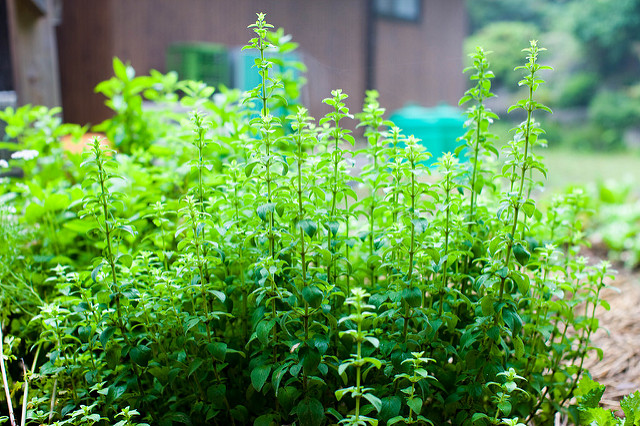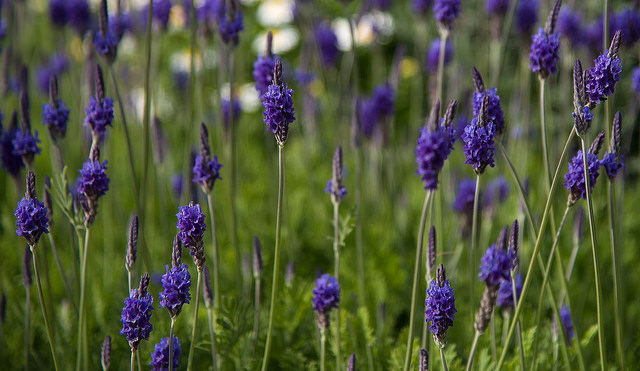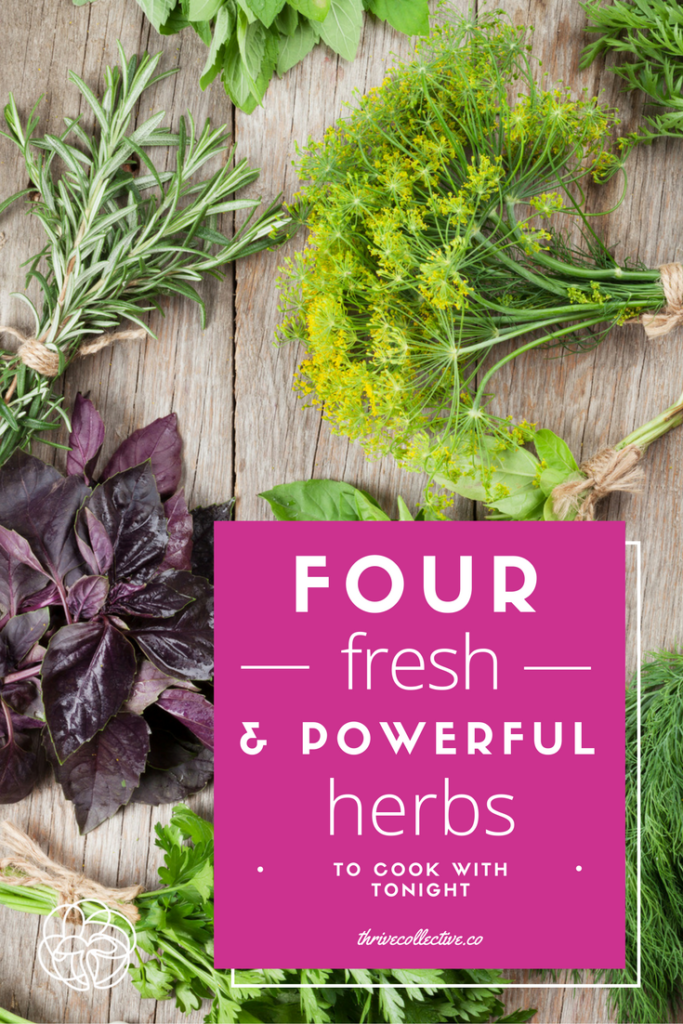One of the best ways you can add more flavor to any meal is by using herbs. Herbs aren’t just full of flavor; they’re packed with vitamins, minerals and antioxidants. Since they’re low-carb and low-calorie plants, they won’t add to your waistline. They’re also usually low in cost and easy to find in fresh or dried form.
Basil
Basil is considered one of the healthiest herbs and is high in many nutrients, including vitamin K, a vitamin essential to blood clotting. It also contains potent antioxidants called beta-carotenes that protect your cells from the damage of free radicals.
Try making a pesto with fresh basil, pine nuts, olive oil and garlic. You can add basil to any salads or curries. It’s also delicious in soups, like this Braised Summer Vegetables with a Green Herb Sauce. Or try this recipe for Grilled Salmon with Tomatoes and Basil. This herb combines well with rosemary and thyme, so feel free to experiment with different ratio combinations.
Oregano
This herb has an amazing ability to draw out flavors from the foods it’s cooked with, especially tomatoes. It’s not too strong or too sweet, but adds just the right amount of freshness to many dishes.
Oregano has decent amounts of vitamins A, C, E and K. You’ll also find iron, calcium, magnesium and potassium in oregano. Oregano is among the highest when it comes to antioxidant power, as it’s packed with vitamins, flavonoids and other antioxidants. It even has detoxing properties to help your body rid itself of toxins.
You can add fresh oregano to any tomato-based dish, although you’re certainly not limited there. Add it to salad dressings, soups stews and baked chicken. A little oregano would also be a great addition to this tasty Stuffed Bell Pepper recipe.
Thyme
Used for flavoring food and for medicinal purposes, thyme is a fragrant herb that adds interest to dishes ranging from stews and soups to eggs and meats.
Thyme has high amounts of vitamins C and A, as well as minerals, calcium and manganese. You’ll also find some fiber, iron, potassium and zinc in this herb. Some of thyme’s oils contain potent antiseptic and antibiotic attributes that can help defend your body against all kinds of bacteria and fungi.
Thyme adds a bright, slightly minty flavor and pairs well with meats and vegetables. Add it to a bone broth, soup or stew. It’s also great sprinkled in with mushrooms and eggs. It would be delicious in this Leek, Potato and Spinach Stew.
Lavender
You’re probably most familiar with lavender for its wide use in skin care products and fragrances, but this herb is so much more than a perfume. Lightly floral and subtly sweet, lavender brings both flavor and nutrients to your kitchen.
Studies show that consuming small amounts of lavender can improve sleep quality and can help with anxiety. It also has small amounts of vitamin A, calcium and iron. This fragrant herb can have relaxing effects and help you chill out after a long day at the office. Bonus points for pairing well with chocolate!
Lavender can be added to salad dressings and sauces to bring a more floral dimension to your dish. It’s great in sweets and baked goods, so we recommend experimenting with a little in your favorite healthy desserts. Another tasty option is to try adding it to meats and poultry, along with a high quality sea salt and olive oil. If you’re uncertain about cooking with this herb, a high quality herbs de provence is a great stepping stone, as you can find blends of herbs de provence that already contain some lavender. See if you can pick up on the subtle floral notes, and if you like it, you can always add more.
What are some of your favorite herbs to cook with? Share with us in the comments below!
This article was originally posted on the Zipongo blog. You can read the original article here and check out some more of Zipongo’s recipes and content.
Image creds:
- Basil: Cliff Johnson
- Oregano: Joi Ito
- Thyme: poppet with a camera
- Lavender: Liuzr99




